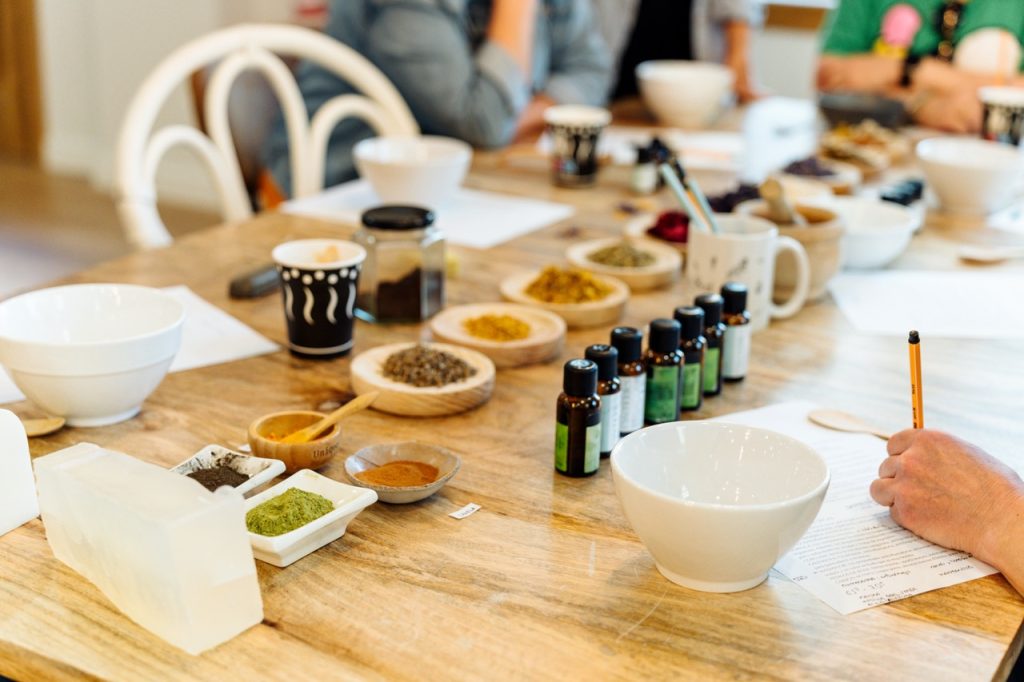Boost your fertility with these 10 tips to get fertility fit!
We worry about our heart health, bone health and skin health but do we worry enough about our fertility health? For those who are lucky enough, having a baby is one of the most significant things people will do in their lives, but most take it for granted that it will happen easily when they are ready.
The fact is, that one in six couples have trouble falling pregnant. Fertility issues can be caused by a variety of factors including increasing maternal age, lifestyle, environmental factors and medical conditions among others.
Here are some fertility fit tips for couples that might help to boost your fertility
1 |
Maintain a healthy weightEat a healthy balanced diet with adequate protein, carbohydrate and fibre. Aim to undertake at least half an hour of moderate-intensity physical activity on most days. |
2 |
Limit caffeine intakeWe recommend no more than 1-2 cups of caffeinated beverages per day while you are trying to conceive. |
3 |
Restrict alcohol intakeAlcohol consumption can increase the risk of miscarriage and affect the quality of sperm. |
4 |
Stop smoking and any drug useSmoking is one of the biggest lifestyle factors that can negatively affect fertility. It is not advisable to use any form of recreational drug when trying to conceive or after conception. |
5 |
Reduce stressGet plenty of rest and relaxation and combat stress wherever possible. A degree of stress in your life is inevitable, but how you deal with it is important. |
6 |
Avoid lubricantsLubricants can affect sperm quality and should be avoided if you are trying to conceive. |
7 |
Take folic acidFor the three months prior to and for the first three months of pregnancy, take a folic acid supplement (females only). |
8 |
Check your medications/supplementsReview the intake of your medications/supplements with your doctor. |
9 |
Immunisation and general health screeningBefore you start trying to conceive a baby it is recommended that you visit your GP for an antenatal screen and immunisation check. |
10 |
Reduce exposure to toxinsWe are faced with a myriad of environmental toxins on a daily basis. If you work with or around toxins, you need to be using protective face masks, etc. |



